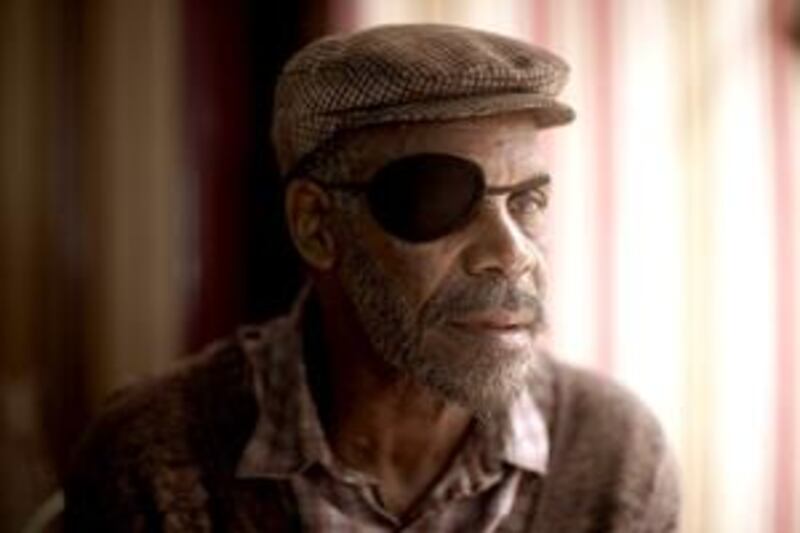The opening sequence lingers on a close-up of a traffic light, as if it were a burnt retina. Not long after, a businessman goes blind at the wheel of his car. He then passes his "white sickness" on to an opportunist thief who is pretending to help him. The businessman is taken by his wife to an ophthalmologist who is also treating another patient, who inadvertently passes the plague to a barman at the hotel where she stays. This human chain of casual contact leads them to a quarantined asylum - into which they stumble, the blind leading the blind. The moment reminded me of Bruegel the Elder's 1568 painting The Parable of the Blind, which depicts a similar gathering of unlikely souls, each holding on to the next, proceeding in grim succession towards the corner of the frame. The rebuke is there in the artist's every stroke. Here too, in the director Fernando Meirelles' extraordinary vision, the players enact the fall and rebirth of civilisation.
In all this, there is an extraordinary visual strategy to overcome. The source novel - José Saramago's Nobel Prize-courting allegory - is an urgent rush of unembellished language. No film adaptation could fully capture its literary conceit of the "blind" reader having to envisage what the narrator is describing. Yet the confidence with which Meirelles picks up Saramago's cool irony is infectious - echoed in the cinematographer César Charlone's striking, bleached-out palette. Some may baulk at entertainment that demands so much from its audience, but this is bold, uncompromising filmmaking. That's the dilemma of viewpoint. That it was one of the most misunderstood films on last year's festival circuit is incontestable.
afeshareki@thenational.ae
Blindness
This is bold, uncompromising filmmaking - one of the most misunderstood films on last year's festival circuit.

Editor's picks
More from The National




